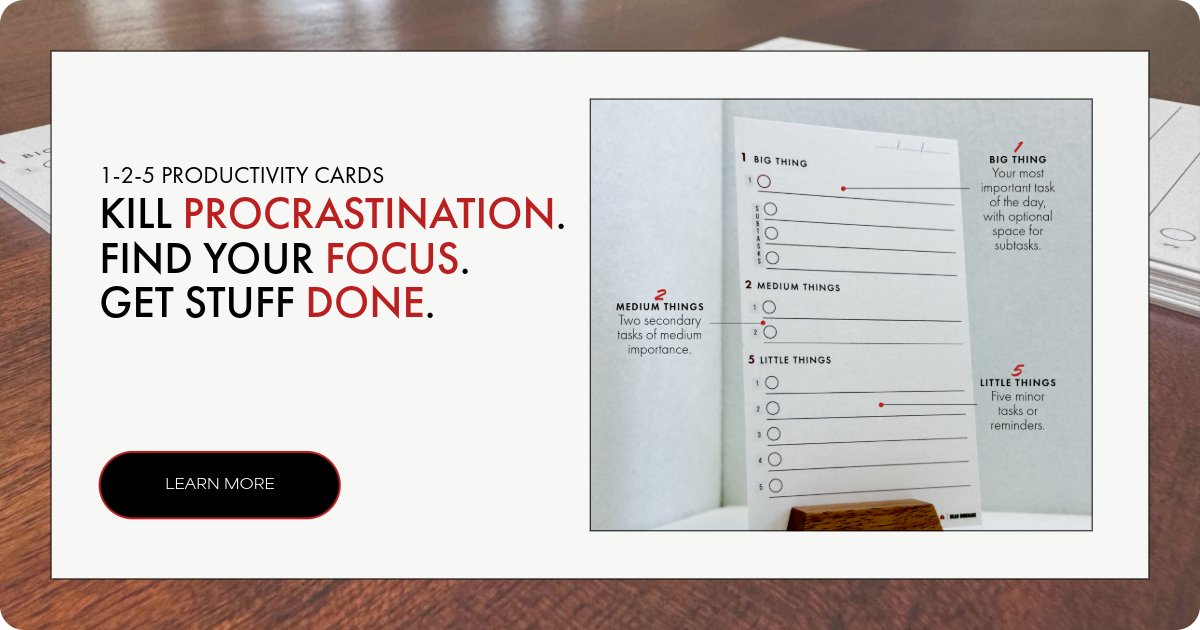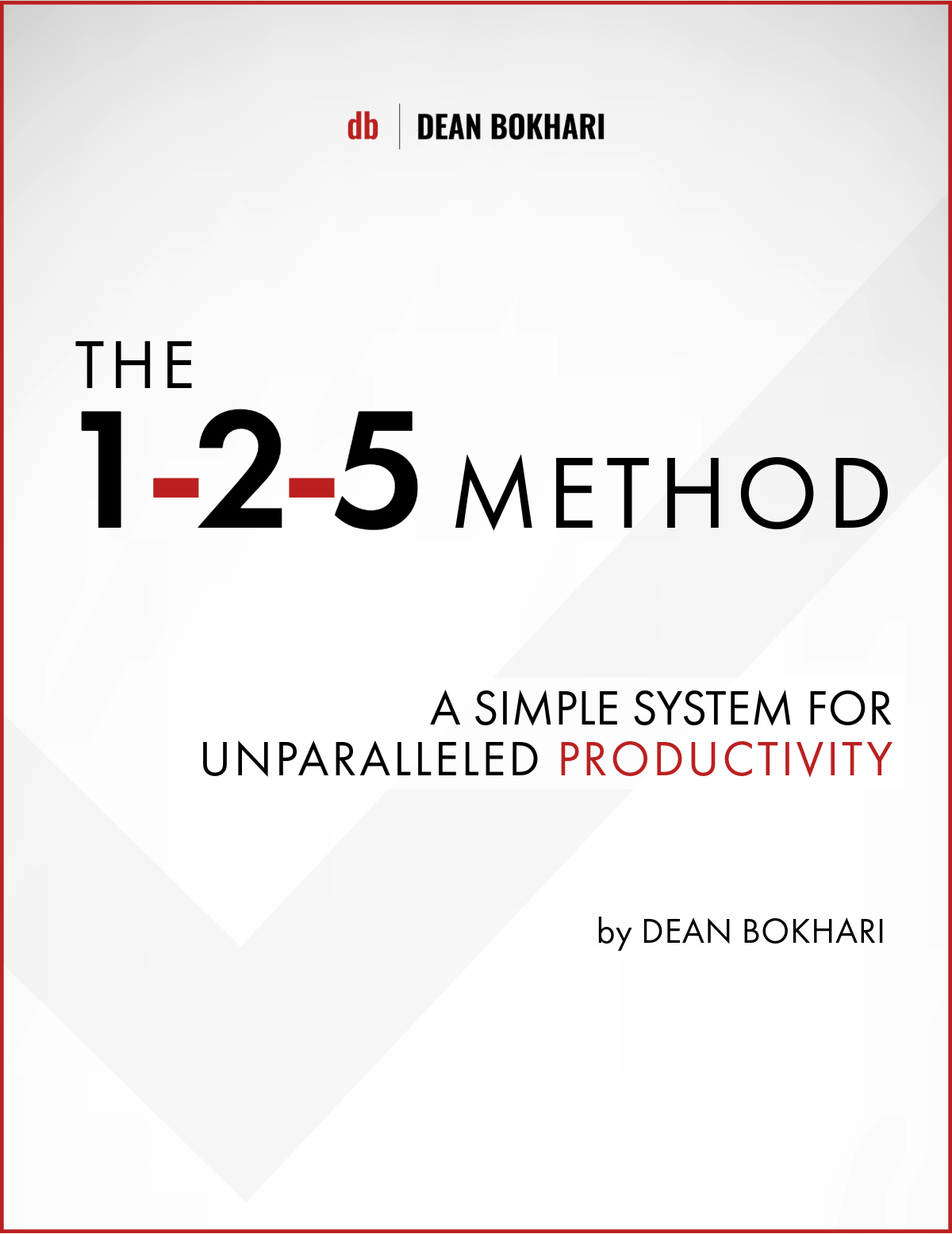The Surprising Link Between Nutrition Access and Workplace Performance
Contributed by Beth Rush
Many employees experience energy dips and a lack of focus at work. Some may associate it with stress or lack of sleep, but what if the reason lies in what you eat and your access to nutritious food?
In the modern workplace, the link between good nutrition and work performance is surprisingly powerful but often overlooked. Discover how your diet contributes to brain fog and explore tips for overcoming insufficient nutrition or food insecurity to do well at work.
Can Diet Contribute to Brain Fog?
What you eat can cause a lack of mental focus. A diet rich in sugars and saturated fatty acids can cause cognitive issues, making you feel mentally tired at work. Like a car, your brain functions best when it gets high-quality fuel. You need to consume the right nutrients to perform well at work. However, not everyone has the privilege to do so daily.
The Invisible Challenges of Food Insecurity
Food insecurity’s impact goes beyond diet. In 2023, around 47.4 million people lived in food-insecure households. Experiencing food insecurity means you lack regular access to nutritious food, which can hamper your ability to live an active, healthy lifestyle.
This is especially challenging for individuals with diabetes. A study showed that food insecurity may worsen their health, resulting in missed work and hospitalizations. Missing work can lower income, increasing the likelihood of insufficient access to nutritious food.
The persistent tiredness and unexpected irritability you experience at work could be your body signaling a deeper need. Not getting enough nutrients can impair cognitive and emotional abilities. Your productivity suffers when you’re deficient in essential nutrients like vitamin B12, folate, iron and omega-3 fatty acids. Eating foods rich in these nutrients can help you overcome that frustrating brain fog, making you highly productive at work.
5 Tips for Addressing Food Insecurity
While navigating food insecurity is a personal journey, prioritizing your nourishment — even amidst challenges — is a self-care practice that can positively impact your health and performance at work.
1. Avoid Skipping Breakfast
Your morning cup of joe can only get you so far. Nothing beats a healthy breakfast when it comes to boosting your energy levels. Aim for a breakfast of protein, whole grains and some vegetables to avoid brain fog. Budget-friendly staples like bread, oats and rice are excellent options.
2. Shop Smart
Stick to a shopping list to avoid impulse buys of less nutritious items. Visit a farmer’s market to get seasonal produce, and focus on nutrient-dense foods like fruits, vegetables, legumes and fish. Consider less popular cuts of meat to get the most bang for your buck. Store them properly to avoid food waste.
Foods that can help support your mental health include:
- Nuts and seeds
- Brown rice
- Lean meat
- Sardines
- Avocados
- Frozen or tinned fruits
3. Plan Meals in Advance
Try meal prepping when you have the time and resources. This method lets you save time and effort during workdays. Plus, it lessens the temptation to buy junk food. If you’re short on budget and time, focus on making at least one meal per day as balanced as possible.
4. Stay Hydrated
It’s easy to overlook hydration when you’re busy. However, dehydration can decrease happy hormones, resulting in irritability and exhaustion. Bring a reusable water bottle to work and keep it on your desk to remind you to drink regularly. Schedule hydration breaks — stand up, sip some water and stretch. Squeezing in some mindfulness action during this time can help reduce muscle tension, which can refresh your mind.
5. Seek Help
You’re not alone in this journey. If you’re short on budget, don’t hesitate to explore local food banks, free stores and community nutrition programs. Consider reaching out to trusted friends and family. Specify what would be most helpful to you, like a meal or particular ingredients, and assure them that you’re working toward a more stable solution.
How Organizations Can Reduce Food Insecurity
Company leaders can also support employees with limited access to nutritious food. If you’re in a leadership role, consider the following ideas.
1. Provide On-Site Meal Programs
Companies can offer affordable, nutritious meals on-site or meal allowances to ensure all employees have at least one balanced meal during their workday. It’s a way of showing care for the people who are doing their best for the organization.
2. Launch Financial Literacy Workshops
Hosting discussions on budgeting, financial planning and accessing government assistance can help your colleagues become more confident about facing challenges. Bringing in experts or collaborating with other organizations is also a great way to expand your knowledge and support your employees.
3. Limit Unhealthy Snacks in the Pantry
Stock up on nutritious snacks in your workplace pantry to help prevent brain fog. Nuts and seeds are effective mood boosters, while green tea offers a caffeine boost without the added jitters.
4. Implement Fun Nutrition Challenges
Consider creating challenges and incentives to make healthy eating more rewarding. You can host programs encouraging employees to reduce soda intake for two months. Another idea is to launch salad lunch days where staff can assemble their own salads.
Nourish Your Body
Whether you're worried about when to get your next meal or not getting the nutrients you need, remember that you’re not alone. Follow these tips to fuel your mind and body and support others on their journey to improved nutrition.
by Beth Rush • Managing Editor at Body+Mind
✨ New Series: How to Become an Early Riser
- Discover key methods to make early rising a habit
- How to wake up early + energized every morning
- Morning routines for health + success
Free self-development courses
👇
Tap on any of the courses below to start learning how to:
- boost your productivity (with GTD),
- get focused (with Deep Work),
- or learn the art of influencing others (with the How to Win Friends & Influence People course.)
All for free.
👇
Free life guides
👇
Best-selling Self-development courses by Dean Bokhari
Kill procrastination.
|
Get stuff done.
|
Get motivated.
|
Connect with anyone.
|
freshly pressed:
Top Audiobooks narrated by Dean Bokhari on audible | |
Book summaries
- The Power of Habit by Charles Duhigg
- 12 Rules for Life by Jordan B. Peterson
- Presence by Amy Cuddy
- Leaders Eat Last by Simon Sinek
- The ONE Thing by Gary Keller, Jay Pasan
- Deep Work by Cal Newport





































